
Automation, digitalization, and supply-chain strategies help mitigate vulnerabilities in both autologous and allogeneic cell therapy manufacturing.

Automation, digitalization, and supply-chain strategies help mitigate vulnerabilities in both autologous and allogeneic cell therapy manufacturing.
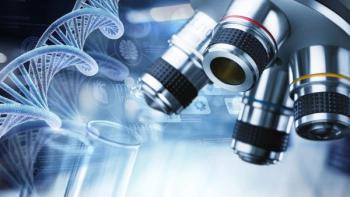
Advances in preclinical development play a crucial role in reducing cost for developing biosimilars.
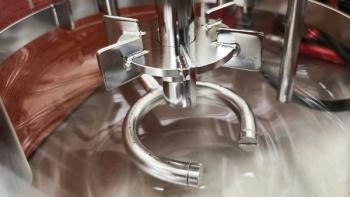
Bioreactor technology advances can offer seamless manufacturing scale-up and can reduce the timeline and cost of biologics production.

A balance must be achieved between debris and impurity removal and maximizing product quality and yield.
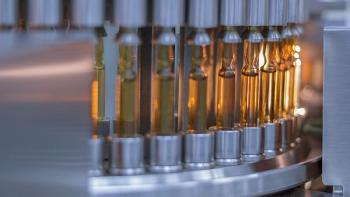
Fill/finish inspection for vaccine vials and syringes must remain GMP-compliant while aiming for fast, efficient methods.
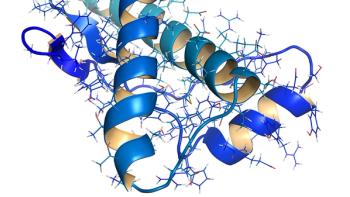
Glycoengineering is growing in importance as a technique to improve antibody therapeutic efficacy, safety, and product quality.
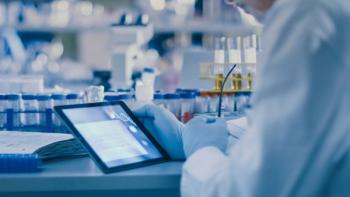
A data-integrity risk assessment tool has been developed for use with standalone R&D data-acquisition and processing software.
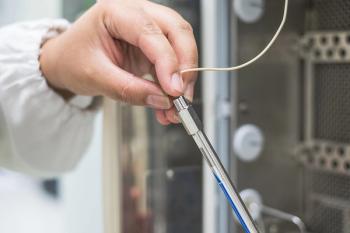
This article discusses standardized analytical method-transfer kits that have been developed to streamline method transfer and site certification at Eli Lilly. Use of these kits has been proven to improve overall efficiency and to reduce cost and time requirements for method transfer.
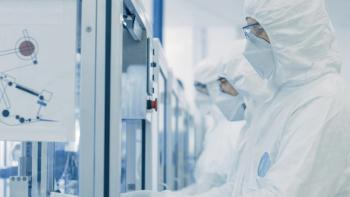
Best practices to consider when transitioning from research-grade to GMP-grade materials.

Drug shortages and supply chain challenges bolster FDA efforts to promote modern manufacturing.

Misleading messages contribute to eroding trust in public health agencies